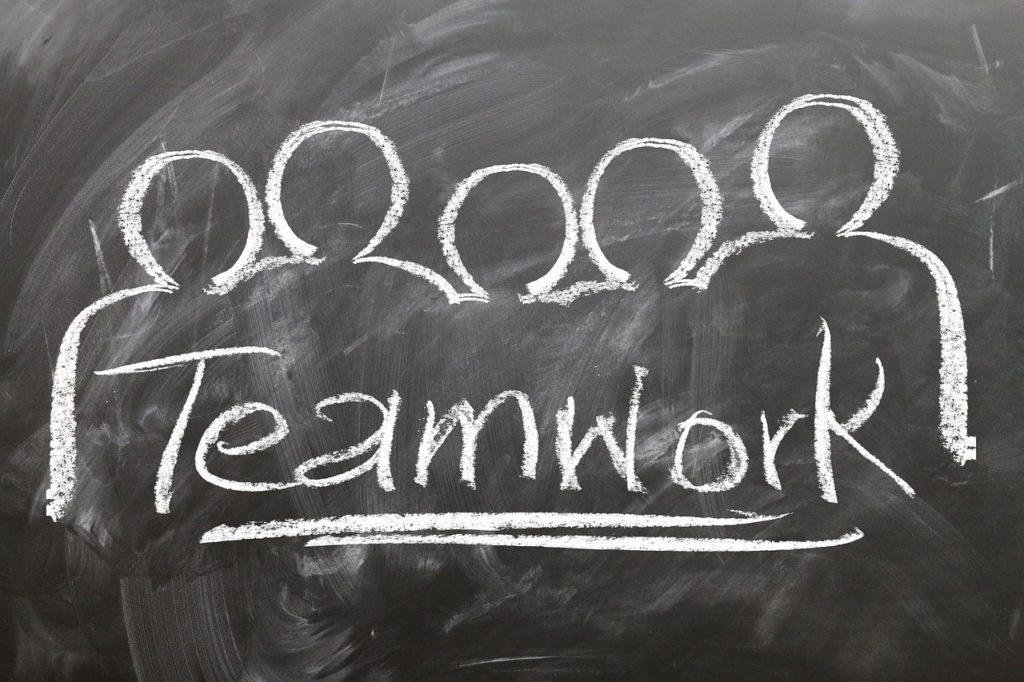
Prism of Value moments occur when you take ownership of opportunities and challenges and focus on delivering your product or service in a way that meets your customer’s needs and even appeals to their foibles.
Just before the holidays, I went to buy a bottle of wine as a gift. I was in a hurry. (Yes, it was last minute.) I grabbed a beautiful gift bag that had big red balls that looked like Christmas ornaments. The clerk behind the counter surprised me by carefully wrapping the bottle in gold tissue paper. (Not your typical liquor store treatment.) I wrote a message on the attached gift card and as I lowered the wine into it, realized the bag said, “Happy Birthday” not “Happy Holidays.” Remember the saying “haste makes waste.”
Embarrassed, I sheepishly told the clerk of my mistake and expected to purchase another bag. Instead, she told me not to worry, removed the card and encouraged me to get another one off the rack. And while I did that, she then tied a gold ribbon on the bottle to make it look even nicer.
“Wow, you really care about your job,” I said.
She smiled. “I am the owner.”
It was easy to take away three lessons from the moment.
- Building relationships is the lifeblood of business.
The woman who took such care with my purchase was laser-focused on my experience and making sure that it was terrific, even if it cost her some time and maybe even money. Will I go back? You bet! (Even if her prices are slightly higher.) Poor customer service can cost you—if you fail to provide what they want and need, customers and clients will vote with their feet. Extending oneself to provide solid satisfaction, on the other hand, drives loyalty—and revenue.
- Ownership builds a powerful bond.
My new liquor store friend (and it did feel as though a friendship was born) has a stake in making sure she delivers value, so she was willing to go the extra mile. And because she was the owner, she also had the power to eat the cost of my mistake and the drive to cement a relationship.
In today’s transactional shopping world, where customer service too frequently is an afterthought, this owner cared. She saved me time by wrapping my present and she understood my mistake. To be sure, getting things at the lowest price is good for the wallet, but what do we lose when that’s all we get? Any problem with a purchase today can lead to the nightmares of long hold times, people who couldn’t care less about helping, or people who do care but have their hands tied by corporate policies. Too often, the person you’re asking for help can tell you only what they can’t do. And they have little or no incentive to try to do more, in part because they often aren’t empowered to do anything more. If they don’t follow rigid procedures, they fear punishment or even loss of a job.
- A Culture of Empowerment Makes People Think Like an Owner
Every member of a business team can be coached to think like an owner. Each one can be encouraged to consider their stake—their ownership—in the reputation and the success of hard-won loyalty. When each of us thinks like an owner, we make customers and clients the hero. And that leads to greater customer—and employee—satisfaction and loyalty, which in turn drives revenue and growth.

